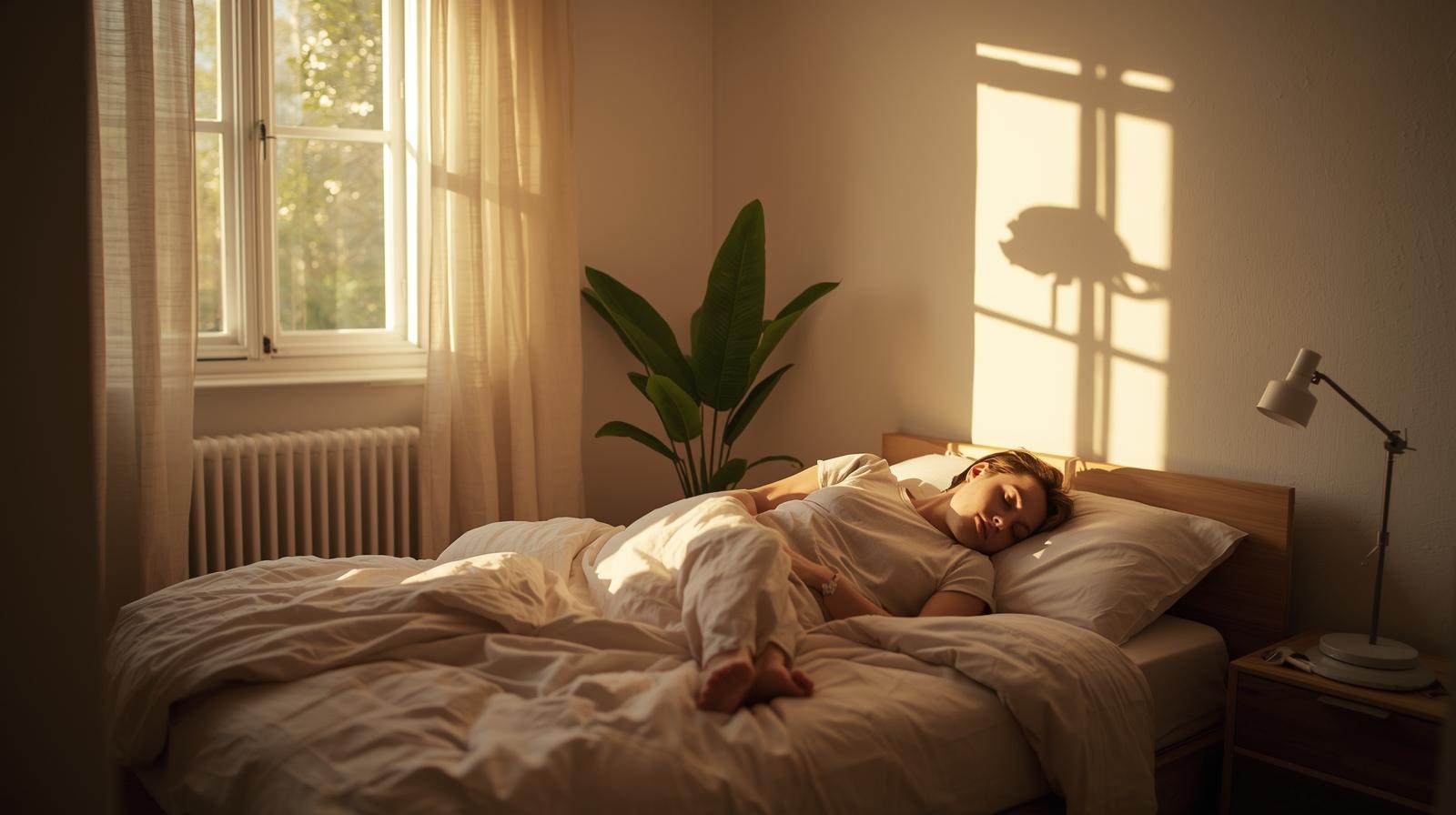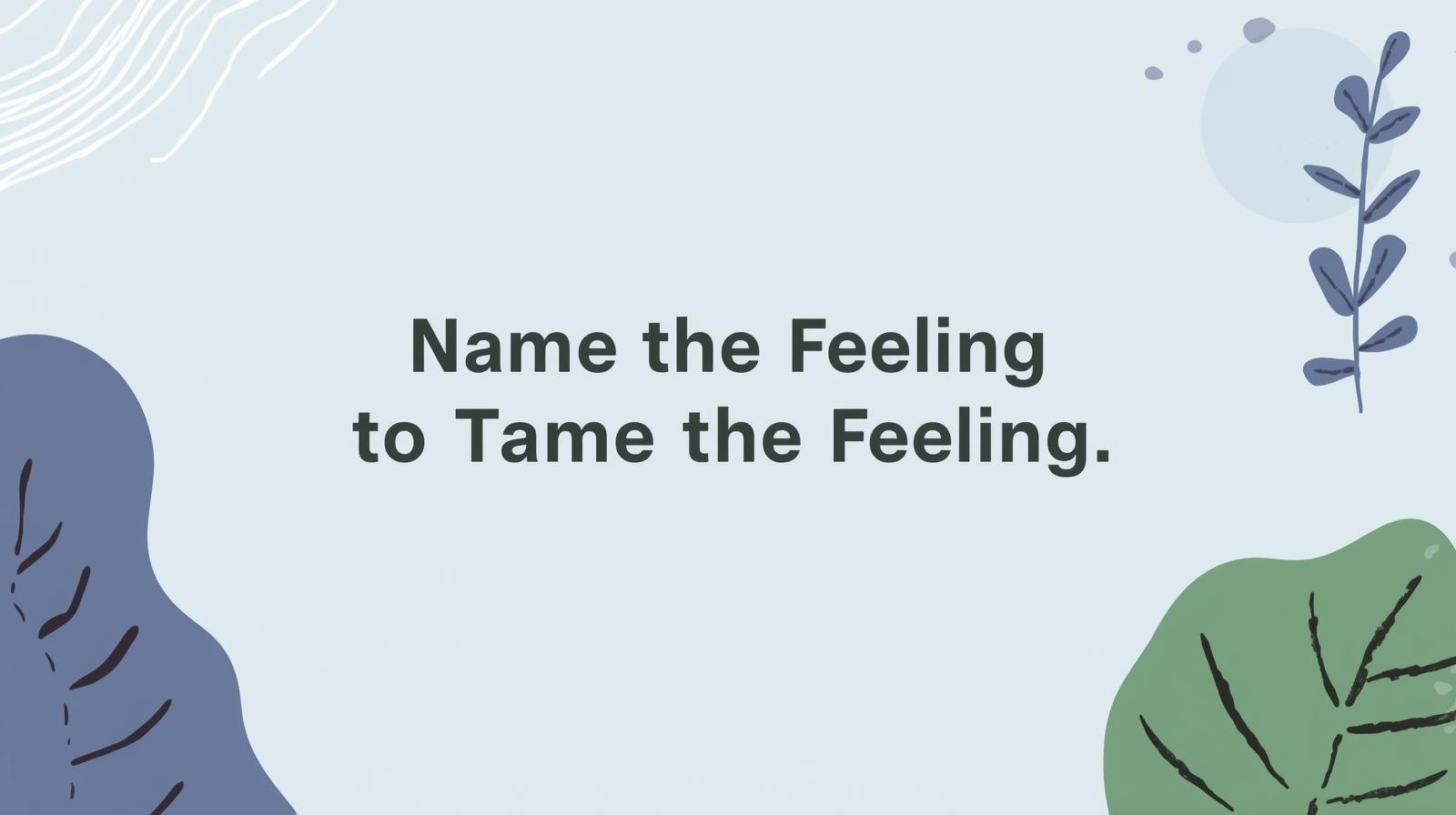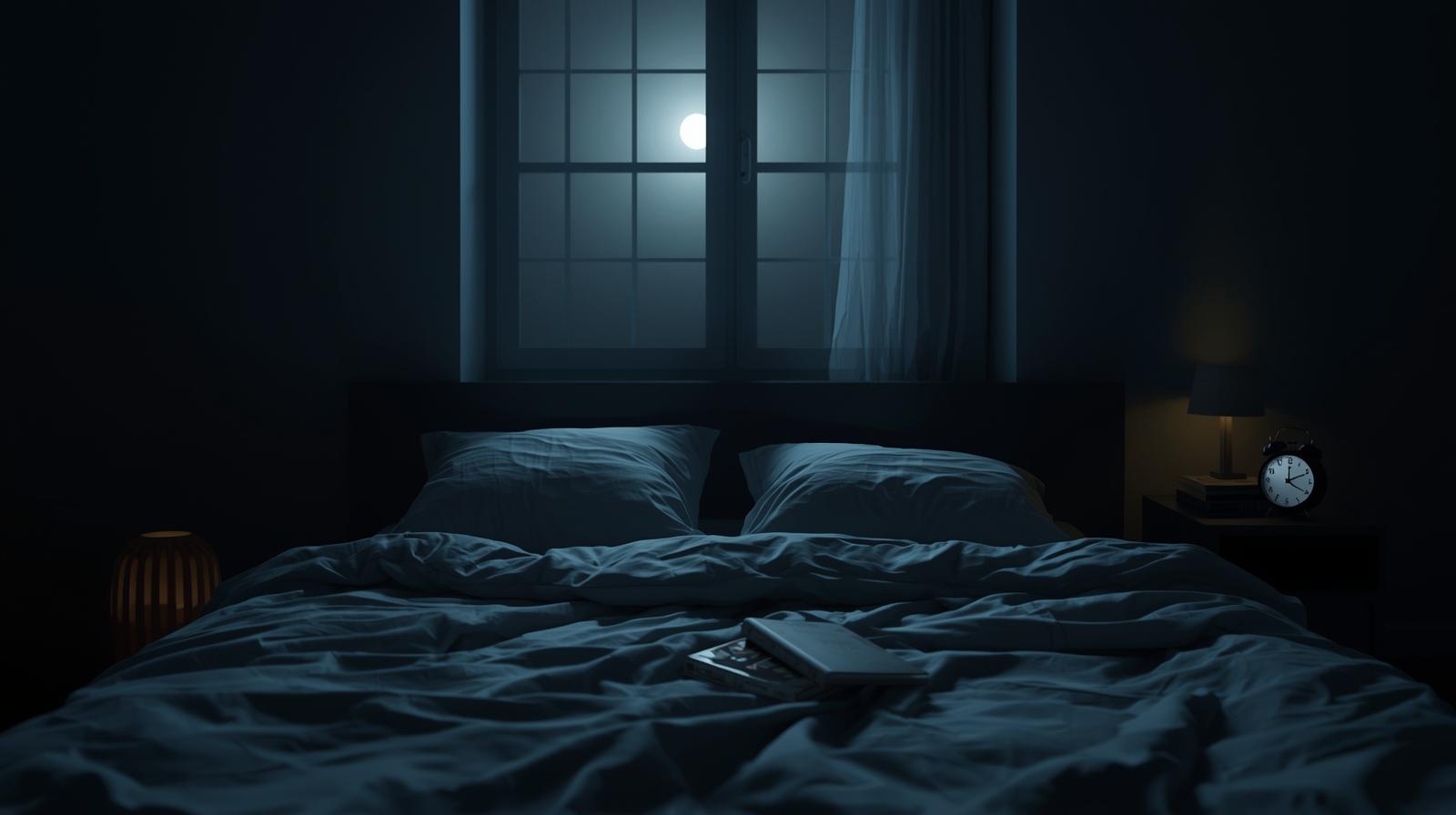
Prioritize Sleep as Your Non-Negotiable Health Foundation
mubashar
2 months ago • 49 views
0 comments
If hydration is the river of health, sleep is the bedrock it flows over. Many people view sleep as a passive activity or a luxury, but it is an active and critical physiological process. Optimizing your sleep is the single most effective thing you can do to reset your brain and body every single day.
Why This is So Critical:
During sleep, your body isn't "shut down"; it's intensely busy with vital work:
Brain & Cognitive Maintenance: Your brain flushes out metabolic toxins that accumulate during the day (via the glymphatic system). This process is crucial for preventing neurodegenerative diseases and is why you think more clearly after a good night's sleep.
Memory Consolidation: Sleep is when short-term memories are transferred to long-term storage and neural connections are strengthened. This is essential for learning and skill development.
Hormonal Regulation:
Growth Hormone: Released during deep sleep, vital for muscle repair, bone building, and cell regeneration.
Leptin & Ghrelin: Sleep balances these hormones. Leptin (the "I'm full" hormone) increases, and Ghrelin (the "I'm hungry" hormone) decreases. Poor sleep disrupts this, leading to increased appetite and cravings for high-calorie foods.
Immune Function: Your body produces cytokines, proteins that help fight infection and inflammation. Consistently sleeping less than 7 hours can literally make you more susceptible to common colds and other illnesses.
The Detailed Action Plan: How to Engineer Your Sleep
1. Master Consistency - Even on Weekends
Your brain's internal clock (the circadian rhythm) thrives on predictability.
The Rule: Go to bed and wake up at the same time every day, even on Saturdays and Sundays. A deviation of more than an hour can create a form of "social jet lag," making Monday mornings feel terrible.
Action: Set a target bedtime that allows for 7-9 hours of sleep and stick to it. Use a bedtime alarm if you have to.
2. Create a "Power-Down" Hour
You can't go from 100 mph to 0. Your brain needs a transition period.
The Last 60 Minutes: Dedicate the last hour before bed to calming, screen-free activities.
What to Do:
Read a physical book (no backlit screens).
Take a warm bath or shower. The subsequent drop in body temperature signals sleepiness.
Practice light stretching, meditation, or deep-breathing exercises.
Write in a journal to "download" your worries or to-do lists for the next day.
3. Eliminate Blue Light & Electronics
This is the most important rule of the "Power-Down" hour.
The Science: The blue light from phones, tablets, and TVs directly suppresses melatonin, the hormone that makes you feel sleepy.
Action:
Stop using all screens at least 60 minutes before bed.
Charge your phone outside the bedroom. This removes the temptation to scroll and eliminates sleep-disrupting notifications.
If you must use a device, enable "Night Shift" or "Blue Light Filter" mode hours before bed.
4. Optimize Your Sleep Environment
Turn your bedroom into a sleep sanctuary.
Darkness: It must be pitch black. Use blackout curtains and cover any small LED lights from electronics. Consider a comfortable sleep mask.
Coolness: A cool room (around 65°F / 18°C) is ideal for initiating and maintaining sleep.
Quietness: Use earplugs or a white noise machine to block out disruptive sounds.
Your Bed is for Sleep (and Sex Only): Avoid working, eating, or watching TV in bed. Your brain should associate being in bed with one thing: sleep.
5. Be Strategic with Caffeine and Alcohol
Caffeine: It has a half-life of 5-6 hours. This means if you have a coffee at 3 p.m., half the caffeine is still in your system at 8-9 p.m. Set a hard cutoff time, ideally no later than 2 p.m.
Alcohol: While it can make you feel sleepy initially, alcohol is a sedative that severely fragments sleep architecture. It blocks REM sleep (the critical dream stage), leading to a non-restorative night. Try to avoid alcohol within 3 hours of bedtime.
Expected Benefits & Timeline
Within 1 Week: You will fall asleep faster, wake up feeling more refreshed, and experience more stable energy throughout the day without a mid-afternoon crash.
Within 2-3 Weeks: You'll notice improved mood, better ability to handle stress, and sharper mental clarity. Cravings for sugary and high-carb foods may decrease.
Long-Term: Consistent, high-quality sleep is your strongest ally for maintaining a healthy weight, supporting your immune system, regulating mood, and protecting your long-term brain health.
By elevating sleep from an afterthought to a non-negotiable pillar of your health, you create a positive ripple effect that makes every other healthy habit—from better eating to more effective workouts—easier to accomplish.
Why This is So Critical:
During sleep, your body isn't "shut down"; it's intensely busy with vital work:
Brain & Cognitive Maintenance: Your brain flushes out metabolic toxins that accumulate during the day (via the glymphatic system). This process is crucial for preventing neurodegenerative diseases and is why you think more clearly after a good night's sleep.
Memory Consolidation: Sleep is when short-term memories are transferred to long-term storage and neural connections are strengthened. This is essential for learning and skill development.
Hormonal Regulation:
Growth Hormone: Released during deep sleep, vital for muscle repair, bone building, and cell regeneration.
Leptin & Ghrelin: Sleep balances these hormones. Leptin (the "I'm full" hormone) increases, and Ghrelin (the "I'm hungry" hormone) decreases. Poor sleep disrupts this, leading to increased appetite and cravings for high-calorie foods.
Immune Function: Your body produces cytokines, proteins that help fight infection and inflammation. Consistently sleeping less than 7 hours can literally make you more susceptible to common colds and other illnesses.
The Detailed Action Plan: How to Engineer Your Sleep
1. Master Consistency - Even on Weekends
Your brain's internal clock (the circadian rhythm) thrives on predictability.
The Rule: Go to bed and wake up at the same time every day, even on Saturdays and Sundays. A deviation of more than an hour can create a form of "social jet lag," making Monday mornings feel terrible.
Action: Set a target bedtime that allows for 7-9 hours of sleep and stick to it. Use a bedtime alarm if you have to.
2. Create a "Power-Down" Hour
You can't go from 100 mph to 0. Your brain needs a transition period.
The Last 60 Minutes: Dedicate the last hour before bed to calming, screen-free activities.
What to Do:
Read a physical book (no backlit screens).
Take a warm bath or shower. The subsequent drop in body temperature signals sleepiness.
Practice light stretching, meditation, or deep-breathing exercises.
Write in a journal to "download" your worries or to-do lists for the next day.
3. Eliminate Blue Light & Electronics
This is the most important rule of the "Power-Down" hour.
The Science: The blue light from phones, tablets, and TVs directly suppresses melatonin, the hormone that makes you feel sleepy.
Action:
Stop using all screens at least 60 minutes before bed.
Charge your phone outside the bedroom. This removes the temptation to scroll and eliminates sleep-disrupting notifications.
If you must use a device, enable "Night Shift" or "Blue Light Filter" mode hours before bed.
4. Optimize Your Sleep Environment
Turn your bedroom into a sleep sanctuary.
Darkness: It must be pitch black. Use blackout curtains and cover any small LED lights from electronics. Consider a comfortable sleep mask.
Coolness: A cool room (around 65°F / 18°C) is ideal for initiating and maintaining sleep.
Quietness: Use earplugs or a white noise machine to block out disruptive sounds.
Your Bed is for Sleep (and Sex Only): Avoid working, eating, or watching TV in bed. Your brain should associate being in bed with one thing: sleep.
5. Be Strategic with Caffeine and Alcohol
Caffeine: It has a half-life of 5-6 hours. This means if you have a coffee at 3 p.m., half the caffeine is still in your system at 8-9 p.m. Set a hard cutoff time, ideally no later than 2 p.m.
Alcohol: While it can make you feel sleepy initially, alcohol is a sedative that severely fragments sleep architecture. It blocks REM sleep (the critical dream stage), leading to a non-restorative night. Try to avoid alcohol within 3 hours of bedtime.
Expected Benefits & Timeline
Within 1 Week: You will fall asleep faster, wake up feeling more refreshed, and experience more stable energy throughout the day without a mid-afternoon crash.
Within 2-3 Weeks: You'll notice improved mood, better ability to handle stress, and sharper mental clarity. Cravings for sugary and high-carb foods may decrease.
Long-Term: Consistent, high-quality sleep is your strongest ally for maintaining a healthy weight, supporting your immune system, regulating mood, and protecting your long-term brain health.
By elevating sleep from an afterthought to a non-negotiable pillar of your health, you create a positive ripple effect that makes every other healthy habit—from better eating to more effective workouts—easier to accomplish.




